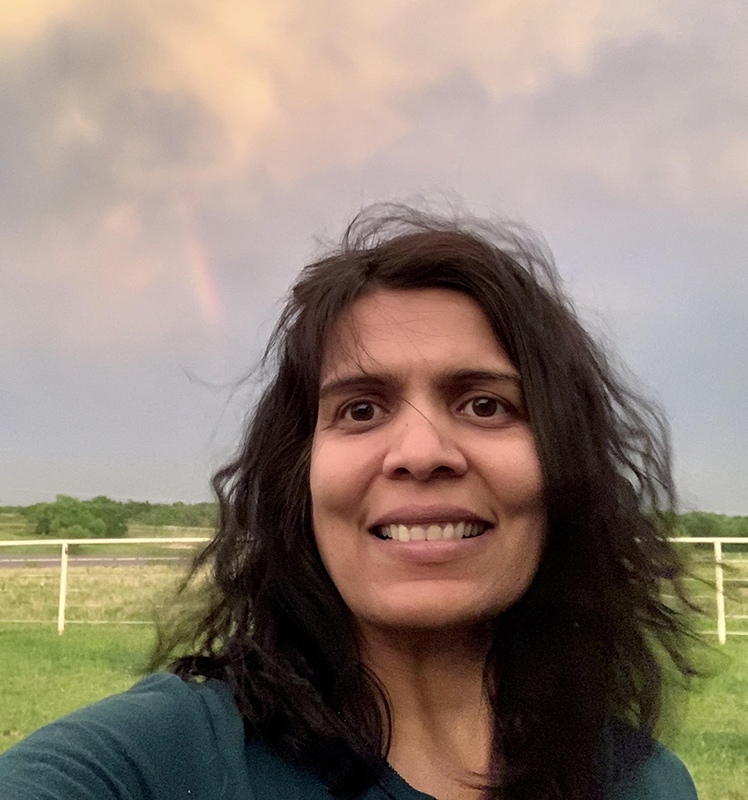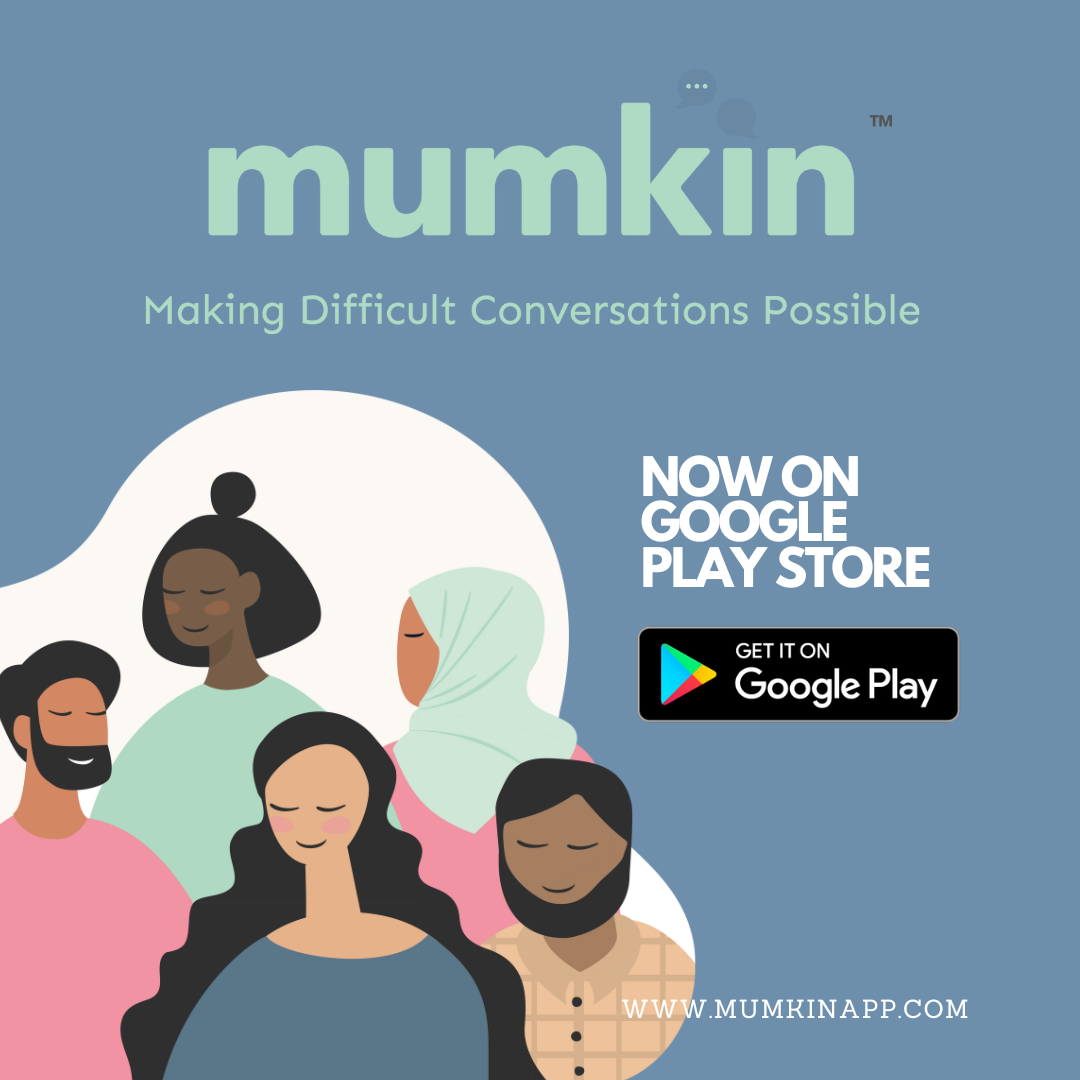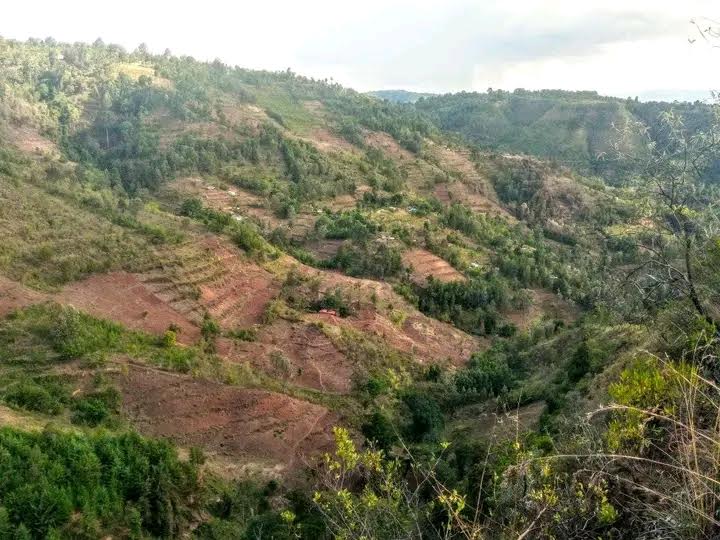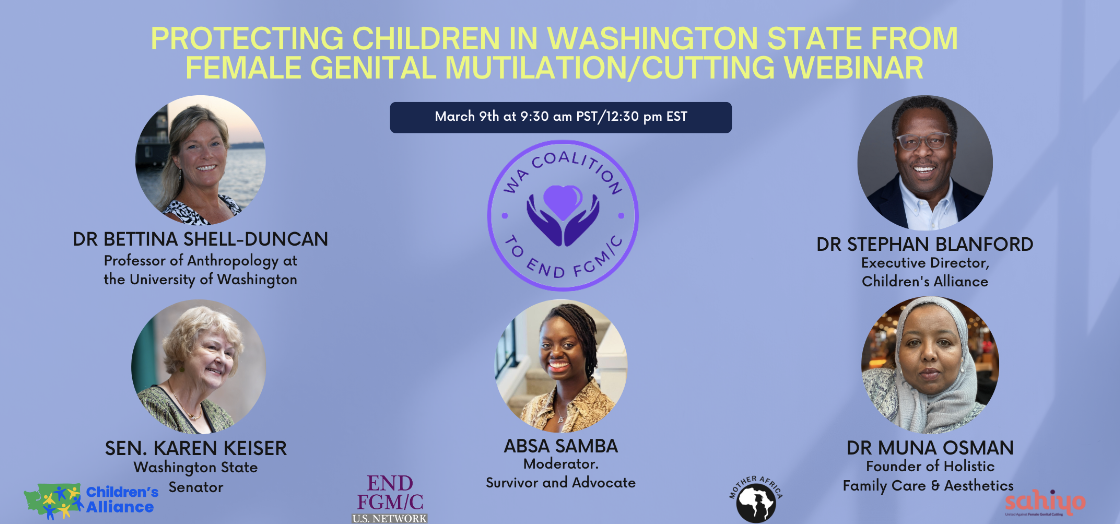Sakina Sharp has advocated against gender-based violence for over two decades. In 2011, she co-founded Awaaz, a 501(c)(3) non-profit organization to help survivors of domestic violence. She led it in an executive leadership and board capacity for 7 years. Sakina is a legal and compliance executive with 20+ years of experience in insurance regulatory and privacy law, advising large financial services organizations. She received her J.D. from Brooklyn Law School and her B.A. from New York University. Sakina is proud to be a girl mom.
When did you first become involved with Sahiyo?
I first became involved with Sahiyo in 2018. I was trying to find information on female genital cutting (FGC) in the Bohra community, and I found Sahiyo. I checked Sahiyo’s Facebook page and could not believe that such a community existed; I was so happy. I called Mariya Taher within a few weeks and asked her about how I could be involved. Now, here I am.
In your new role as Vice Chair of Sahiyo’s Advisory Board, what are some goals, both short-term and long-term, that you are aiming to work towards?
My goals for Sahiyo remain what they were when I started with Sahiyo: to get the awareness of female genital cutting (FGC) out, and to allow space for other survivors of FGC to tell their stories. Storytelling is very powerful– that’s what drew me to the work that Sahiyo does. That’s what makes Sahiyo a unique and compelling nonprofit, and I would like to focus more on that this year.
What are you most looking forward to?
One of the things I’m most looking forward to is learning more about the inner workings of Sahiyo. As an Advisory Board member, we get a glimpse into what Sahiyo does, but are not fully engaged with its work on a day-to-day basis. As a small nonprofit, I think Sahiyo has done tremendous work in such a short amount of time under Mariya’s leadership, and I want to see how that is done through a closer lens.
As a lawyer, can you provide us with some insights into the legal realm of FGC that you have developed over the course of your career?
So, I struggle with the role of law in FGC, and I find myself in an interesting position. The reason I say this is because prior to getting involved with the work to prevent FGC, I did a lot of work with domestic violence (DV) prevention. Part of the reason I became a lawyer was because I thought that the law would do a lot for minimizing the prevalence of domestic violence. I found that the impact of law was not, I guess, that impactful for DV. And that’s why I struggle with it for FGC. I think it’s important for us to have laws that ban the practice; it’s important for us to have laws that define FGC to include khatna. I think those are very important table stakes to set the standard in our community of what’s acceptable and what’s not acceptable. I think it’s also important for the Bohra community, the community I belong to, because the belief in the community is that the law of the land is what the people of the community need to go by. So if the law of the land is, you can’t do this, then by default, the religion is saying, you can’t do this.
Now, how impactful that is in practice, I don’t know. As a survivor, I feel like storytelling is more impactful, because it reaches people more deeply. It communicates to people how prevalent FGC is, how it has impacted people who have either undergone it, or those who know people who have undergone it, or those who have promoted the practice.
What, according to you, is the most urgent calling that needs to be supported in order to reach our goal of ending this practice?
Recently I read something that Sahiyo had put out in their Annual Report about critical mass: if there are more voices, if there are enough people in a community who say no, this practice cannot happen. Then only real change can be achieved. Getting enough people to understand it, getting enough people to talk about it, and getting enough resources and education out there, is what I think is going to get us to a critical mass. That is what I want to work toward with Sahiyo.






